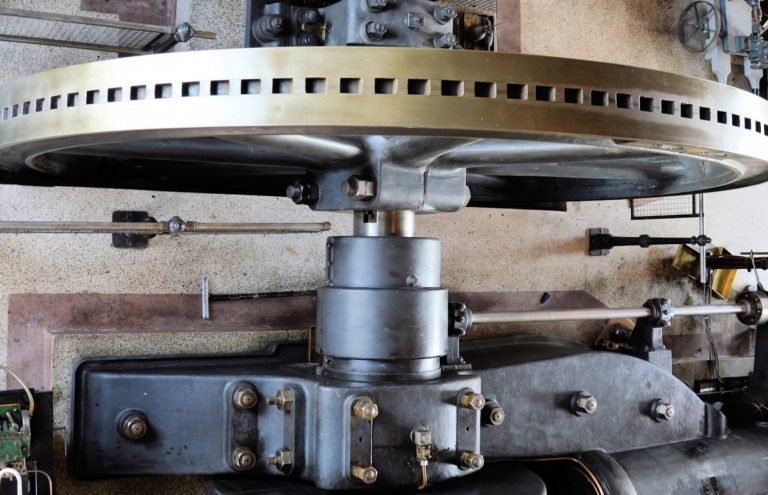If you’re trying to buy a small dollar item, you can take a risk on a vendor and hope that it works out for the best. But when it comes to industrial equipment and machinery, you’re making an investment in your business. As such, you have to be confident that you’re working with the right vendor.
5 Factors to Consider in Your Vendor
The decision to purchase a new piece of industrial equipment – like a desiccant air dryer, should not be taken lightly.Depending on the equipment you’re buying, it could represent a significant chunk of cash and/or have a major impact on your operations and output. But the equipment itself is only one element in the equation. You also have to consider the vendor.
As you evaluate vendors and search for the right option, carefully consider the following:
1. Experience
It can take years – even decades – for a company to refine its processes to the point that it’s able to produce world-class industrial equipment and machinery. And while there’s nothing inherently wrong with working with a newer company, you’re generally better off going with the vendor that has years of experience of being the best industrial converting company,working in their favor.
2. Niche
There’s something to be said for working with a vendor who has made an intentional decision to niche down and focus on a very specific segment of the marketplace, like heavy construction equipment, for instance. Because in doing so, they’ve intentionally chosen to channel their energy and effort into mastering a particular technology or craft so they can increase quality and attention to detail for you, the customer.
Generator Power is a great example. Rather than serving every possible customer in the space, they’ve niched down to focus on specific customers. This has allowed them to build the best Australian mining generators that the industry has to offer. And when a client comes to them looking for a generator that suits the special needs of their mining project, they can confidently speak on the intricacies of what goes into selecting the optimum solution.
The same can be said of any niche, whether it’s commercial HVAC, earth moving heavy equipment, or some other machinery. A vendor who has niched down typically has more to offer the client.
3. Pricing
Pricing shouldn’t be the top priority when pricing a vendor. (After all, you typically get what you pay for.) It is, however, a key consideration when you’re spending tens of thousands of dollars.
When pricing out vendors, you must get multiple quotes. It’s also imperative that you compare apples to apples. (It’s easy to think that you’re comparing two identical pieces of equipment when there are actually fundamental differences that account for a massive price variance. So if you notice a significant difference in pricing, there’s most likely a reason for the wide gap. Dig in and research why this is.)
4. Customer Service
Industrial equipment and machinery typically require some level of ongoing maintenance and support. Thus, it’s likely that you’ll have an ongoing relationship with the vendor. When evaluating customer service, look beyond the point of sale. Do current and past customers vouch for the vendor’s support and maintenance programs? This is something to carefully consider – particularly if it’s part of the purchase agreement. (It’s easy for a vendor to promise support, but it’s another thing for the support to be up to par.)
5. Certifications
A good vendor will go through the meticulous process of getting licensed, insured, accredited, and/or certified in all of the appropriate areas. As a prospective customer, you’re completely within your rights to ask for proof of these standards when searching for a vendor. And if a vendor hasn’t gone through the proper processes, you should consider why this is.
Make the Right Choice
Depending on the type of industrial equipment you’re purchasing, you might only have two or three realistic options. If that’s the case, you should be even more thorough in your due diligence process. Drill down and emphasize the elements that are most important and relevant to your decision. Address concerns head-on and avoid making a hasty decision just to speed up the process. It might take longer and require more energy and effort, but a calculated decision process will ultimately increase your chances of ending up with a piece of industrial equipment or machinery that your business can depend on for years to come.



0 Comments